

Alabama has specific laws governing when and how recording audio or video is legal within the state. Understanding citizens’ rights and prohibitions under these statutes is important. Alabama maintains strict privacy protections in many contexts. Alabama Recording laws balance free speech, accountability, and privacy concerns.
There are complexities around public vs. private settings, notification, consent, and more. This article provides an in-depth look at key provisions, penalties, exemptions, changes, and controversies in Alabama recording laws. It aims to clarify the state’s regulations on recording conversations, phone calls, and activities.
Alabama enacted its first laws on recording conversations in the 1950s once portable devices became available. Initial laws focused on banning the recording of phone calls to protect privacy.
Over time, Alabama updated statutes to address new technologies like hidden cameras and high-zoom lenses invading privacy in private places. Key developments include:
Alabama’s dual goals have been preserving reasonable privacy expectations while enabling recording that serves justice and accountability. Balancing these aims continues as technology evolves.
In Alabama, recording laws generally apply to anyone involved in a conversation, both in-person and on the phone. Here’s a breakdown:
Alabama statutes contain certain requirements and restrictions:
Violating Alabama’s recording laws can lead to both criminal and civil penalties, depending on the specific circumstances. Here’s a breakdown:
There are some exceptions where Alabama allows recording without consent:
However, privacy rights still limit unnecessary dissemination of even authorized recordings.
Alabama grapples with similar debates as other states around recording regulation:
Alabama continues balancing privacy protections, free speech, and transparency interests when revising recording laws.
Some recent amendments to Alabama recording laws include:
Alabama responds to new questions prompted by evolving technologies and digital media sharing around recordings.
In summary, Alabama recording laws place a strong emphasis on privacy protections, generally requiring all-party consent and notification even in many public settings. There are limited exceptions for authorized law enforcement, inadvertent recording, and places lacking reasonable privacy expectations. Penalties for violations vary based on circumstances.
Key takeaways on Alabama recording laws:
Understanding proper compliance helps avoid risks and supports both accountability and privacy given rapid changes in recording technology.
Yes, Alabama requires consent of all parties to a conversation or activity being recorded, with limited exceptions. This is known as all-party or two-party consent.
Can you record a conversation in your home in Alabama?If parties in your home have a reasonable expectation of privacy, you must obtain their consent before recording conversations, under Alabama law.
Is Alabama a one-party consent state?No, Alabama requires consent of all parties and is not a one-party consent state. A one-party state would allow recording with the consent of just the notifier.
Does Alabama require notification when recording?Alabama encourages recorders to notify all other parties they are recording if reasonable. However, it is not an absolute requirement in public settings.
What are the penalties for illegal recording in Alabama?Penalties range from civil fines to misdemeanor or felony criminal charges depending on circumstances like privacy, harm, distribution, etc.


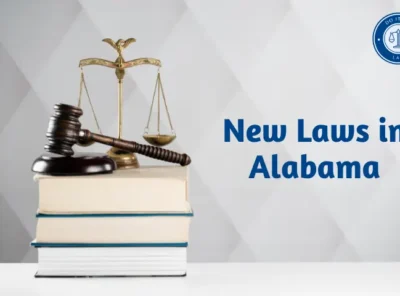
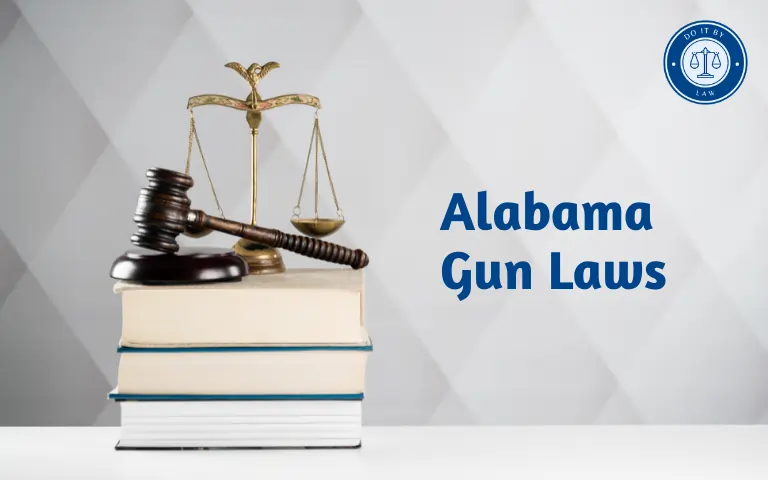
Alabama has relatively permissive gun laws compared to other states. The state constitution affirms the right…
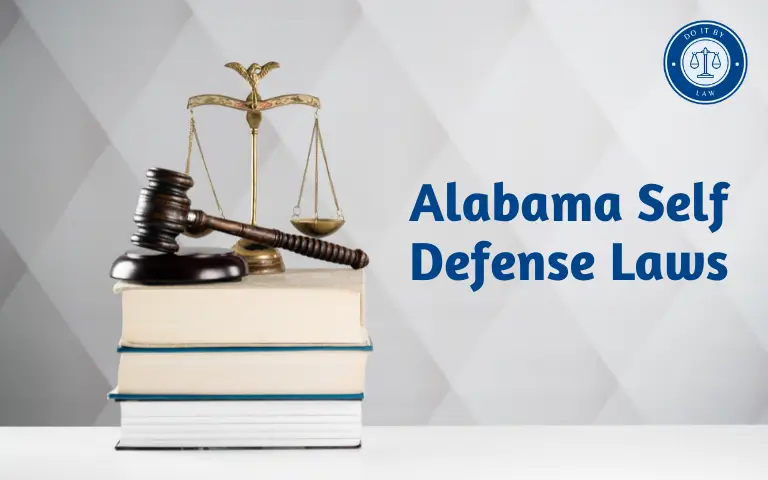
Alabama self defense laws allow individuals to use reasonable force to protect themselves or others from…
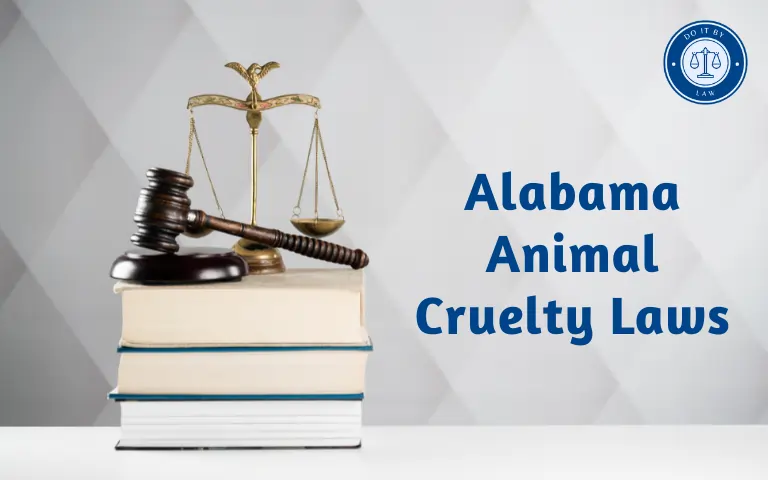
Alabama has laws in place to punish cruel, abusive, and neglectful acts toward animals. Understanding the…
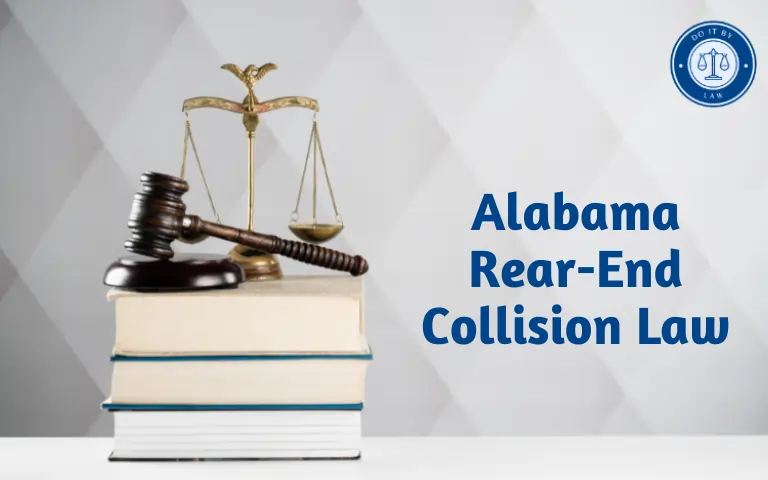
Rear-end crashes are an unfortunate common accident in Alabama State laws generally favor the lead/struck vehicle…
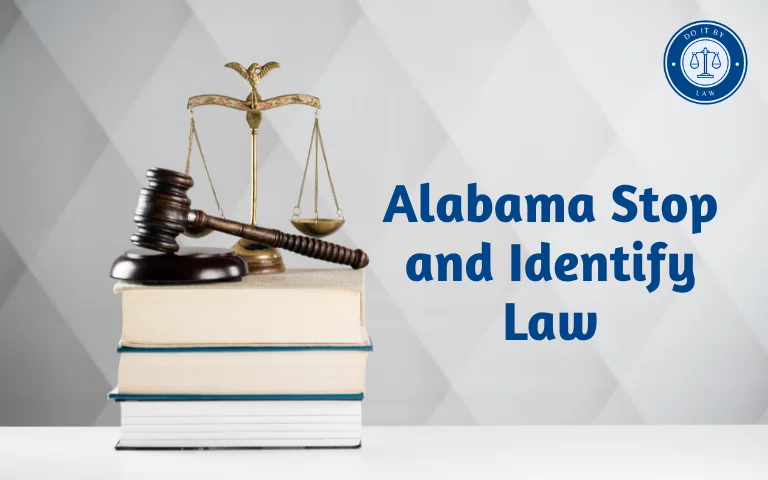
Alabama does not have a stop and identify law that requires people to provide identification to…
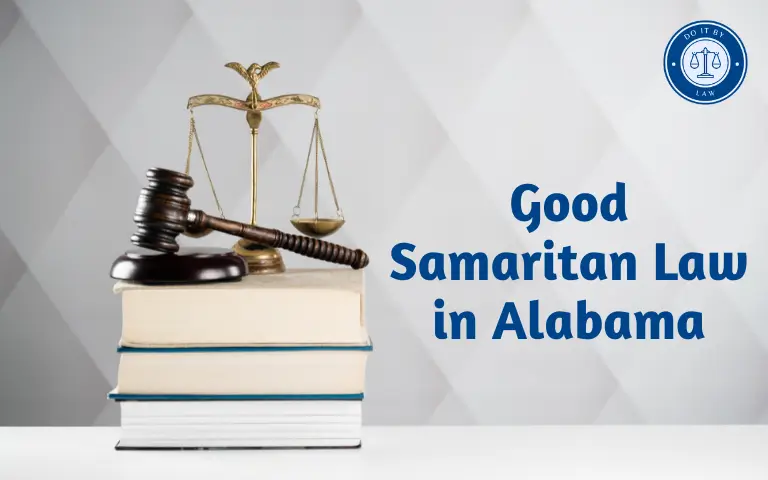
Good Samaritan law in Alabama provides legal protection for people who voluntarily help someone in an…